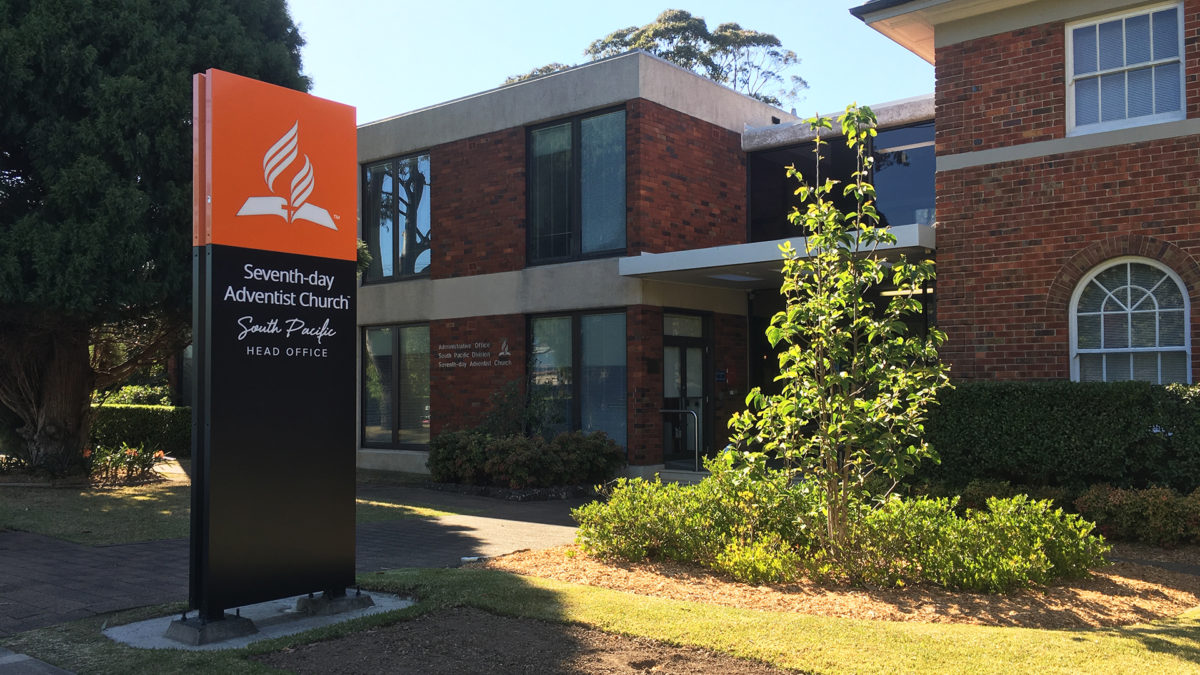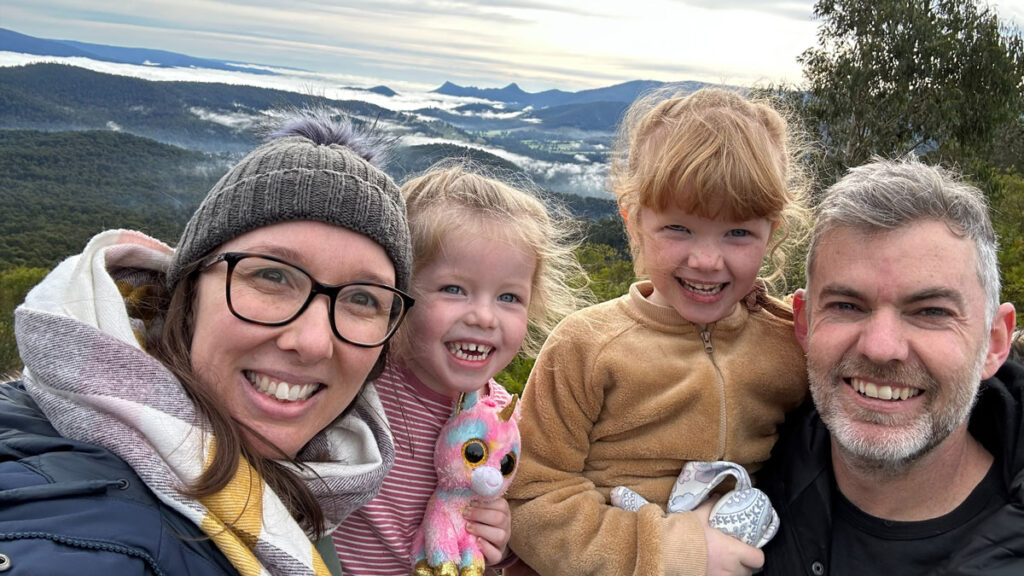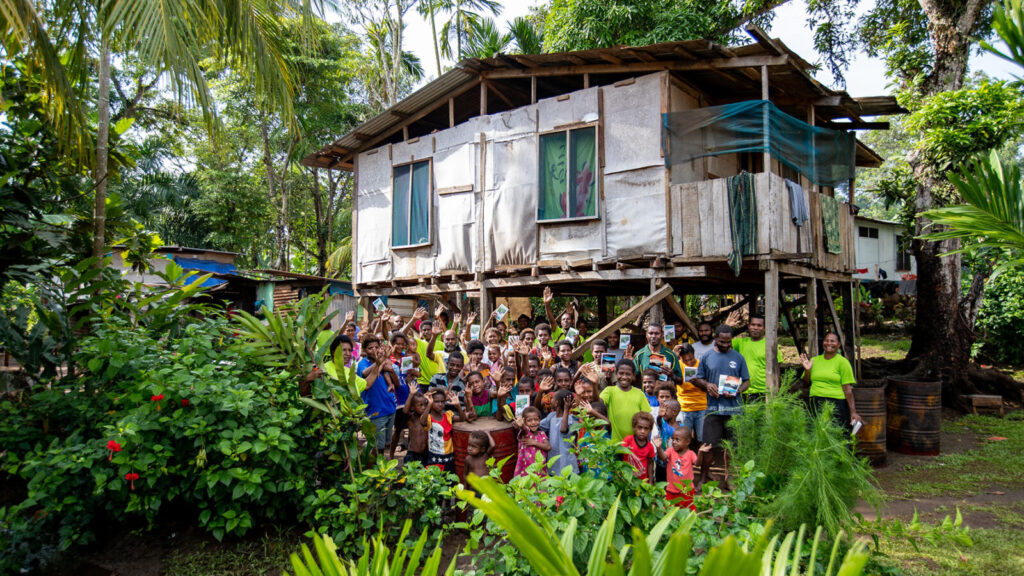Risk Management Service (RMS), with the assistance and expertise of a professional valuation service, will undertake a five-year valuation program to obtain a complete picture of all Adventist-owned property for insurance purposes.
The provider was selected following a tender process, ensuring that Adventist sites and the Church’s insurers will receive quality site information.
“The provider selected has extensive experience working with faith-based organisations,” said RMS manager Jonathan Hale. “We’re looking forward to working with Adventist sites to ensure they have access to this opportunity.”
Property valuations are necessary to confirm that covered values are correct and to provide protection for the Church (and their officers) from financial risk. Valuations allow sites to reduce the risk of underinsurance and conversely provide savings if the site is identified as being over-insured.
“It also demonstrates to our insurers that we, as the Seventh-day Adventist Church, place importance on the integrity of our data,” said RMS assistant manager Hayley Tosen. “Our approach to insurance should always be honest and above reproach.”
In the event of a significant or total loss, having the right amount of cover already in place will protect the sustainability of an Adventist site’s mission through financial resilience. “We have witnessed time and again that adequate property cover can help reinstate a building quickly and to better immunity,” Mr Hale said. “The right level of property cover represents good stewardship.”

Following the professional valuation, each Adventist site will be provided with a copy of the report and recommended insured values. Each site will be invited to set new covered values for property in line with the amounts determined by the professional valuation.
Mr Hale highlighted that the majority of Adventist sites do not have site improvements listed. “This long-term property valuation exercise will provide a complete picture of Adventist sites,” he said. “It will capture information on site improvements like fences, retaining walls and playground equipment that aren’t always listed on property covers but really should be.”
On occasion, when the Church has experienced a significant loss event on insured property, it has become evident that the property is underinsured. This can be due to multiple reasons including staff changes, miscommunication, a lack of understanding of property cover or simply outdated data.
“We want to always seek to help the church manage risks in whatever way we can,” said Mr Hale. “Not having adequate cover to restore a lost building could be devastating to the mission of an Adventist site.”
In the Pacific Islands, property cover is managed differently as the insurance market in this region is often cost-prohibitive. Consequently, RMS runs a separate program for the Pacific compared to Australia and New Zealand. Property in the Pacific Islands is surveyed and assessed by the RMS team through personal visitation by RMS risk control officers, in particular senior risk officer Andrew Mowbray.
“Information gathered during these visits include photographs of buildings, drawn up site plans and information about each site for RMS records,” Mr Mowbray said. “These visits result in really positive responses from Adventist sites that may need assistance to manage risks.”
RMS administers the insurance program for the Adventist Church in the South Pacific and helps Adventist organisations with safety and risk management.






